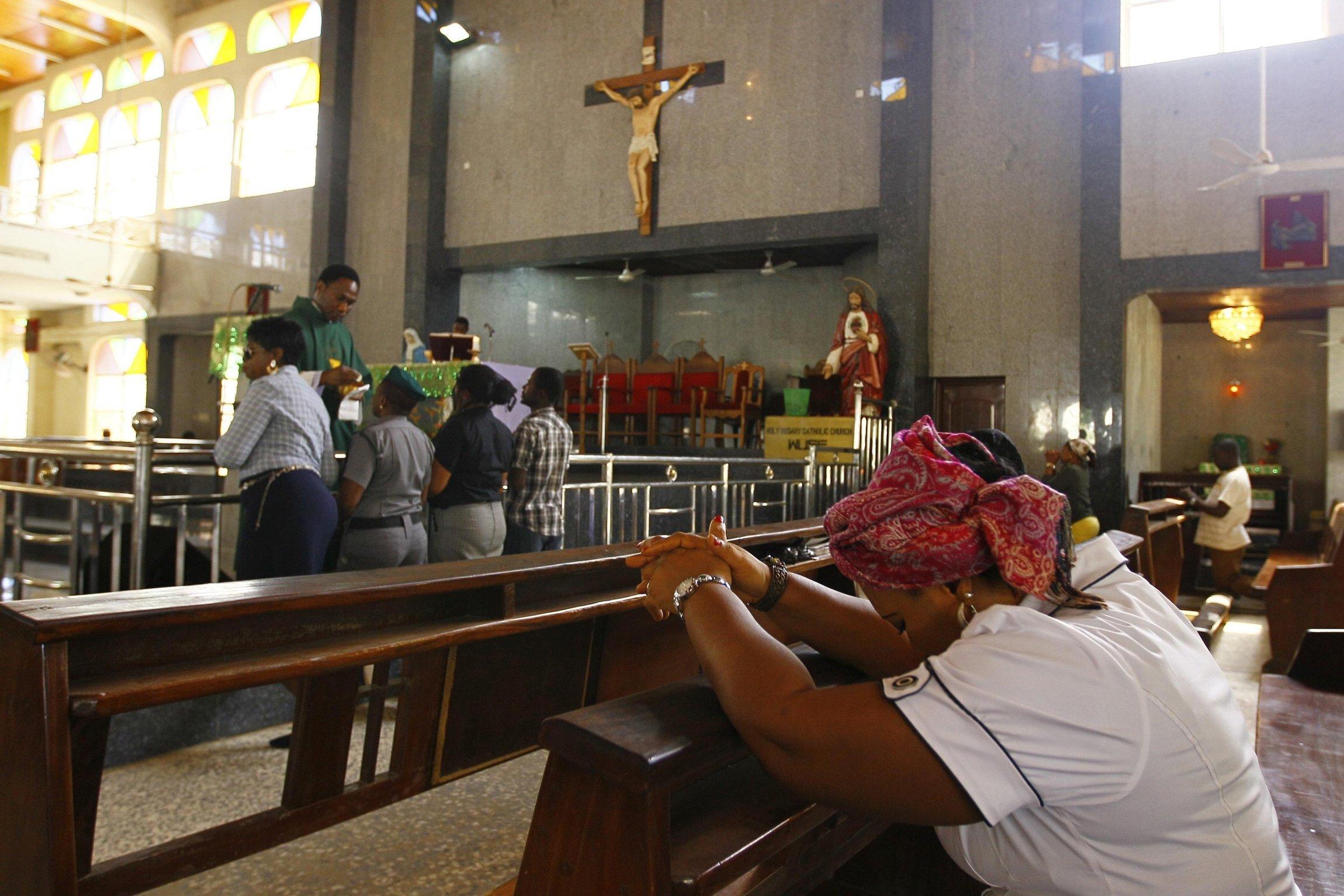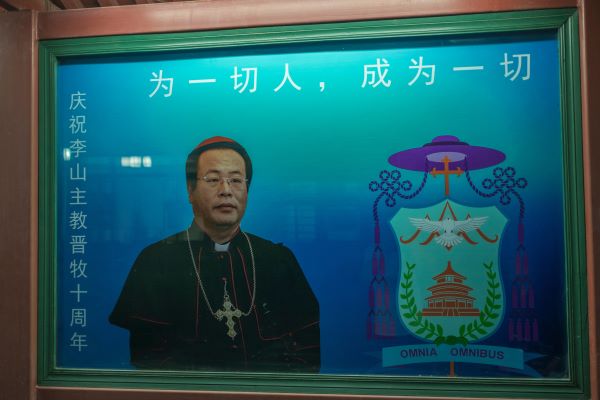Two state-sponsored Church bodies in China have elected new leaders, who promised to invigorate the Catholic faithful pastorally in line with the socialist principles of the Chinese Communist Party.
The tenth National Congress of Catholicism in China ended in Wuhan, the capital of Hebei province in central China, on 20 August after three days. The national conference is held every five years, and senior Communist Party officials also attended the gathering and delivered speeches, reported UCA News.
The delegates unanimously accepted the work report of the ninth standing committee on church efforts and activities in the promotion of patriotism, socialism, and sinicisation in the Catholic Church as outlined by President Xi Jinping.
Sinicisation is a political ideology that aims to impose strict rules on societies and institutions based on the core values of socialism, autonomy, and supporting the leadership of the Chinese Communist Party.
More than 300 Catholic bishops, clergy, and religious from across China elected new leaders of the Chinese Catholic Patriotic Association and the Bishops’ Conference of the Catholic Church in China, said a report on the bishops’ website.
Archbishop Joseph Li Shan of Beijing was elected chairman of the patriotic association, and Bishop Joseph Shen Bin of Haimen was elected chairman of the government-approved bishops’ conference.
The new leaders issued a statement to commit themselves to engaging priests, religious, and laypeople across the country for pastoral evangelisation and further promotion of sinicisation for “truth, pragmatism and inspiration” to move ahead toward a “bright future”.
The new leaders’ statement also highlighted the need for the Catholic Church to implement the spirit of the National Conference on Religious Affairs held last December and fulfil the requirement of the Communist Party’s central committee for the Catholic Church in China. During that conference on 3-4 December, Xi stressed the strict implementation of Marxist policies, increased online surveillance and tightening control of religion to ensure national security.
The bishops said it was “necessary to unite and lead the priests, elders and faithful to follow Xi Jinping’s thought on socialism with Chinese characteristics for a ‘new era’; [to] continue to hold high patriotism and love for religion; [and to] adhere to the principles of independent and self-run churches”.
The Church leaders said they find it is important to adhere to the direction of sinicisation of Catholicism in China which would “vigorously strengthen the building of patriotic forces” to realise “the dream of the great rejuvenation of the Chinese nation”.
Following the communist takeover in 1949, China severed diplomatic ties with the Vatican.
The communist government formed the Catholic Patriotic Association in 1957 to assert control over the Catholic Church. It initially did not accept papal authority over the Chinese Catholic Church.
For years, the appointment of bishops remained a bone of contention between the Chinese government and the Vatican, with Beijing appointing and consecrating bishops without a Vatican mandate. Although it has ordained many bishops “elected” without papal approval, the Chinese church has kept alive the line of apostolic succession by having validly-ordained bishops serve as consecrators.
China has about 12 million Catholics split between those who leaders have joined the patriotic association and those who refuse, say independent researchers.
In 2018, the Vatican signed a provisional agreement with China for two years over the appointment of bishops. The agreement was renewed for another two years in 2020. The provisions of the agreement have not been made public.
The Vatican reportedly seeks to unite Catholics with the deal, which gives the Vatican a say to accept or veto bishops selected by Beijing.



 Loading ...
Loading ...